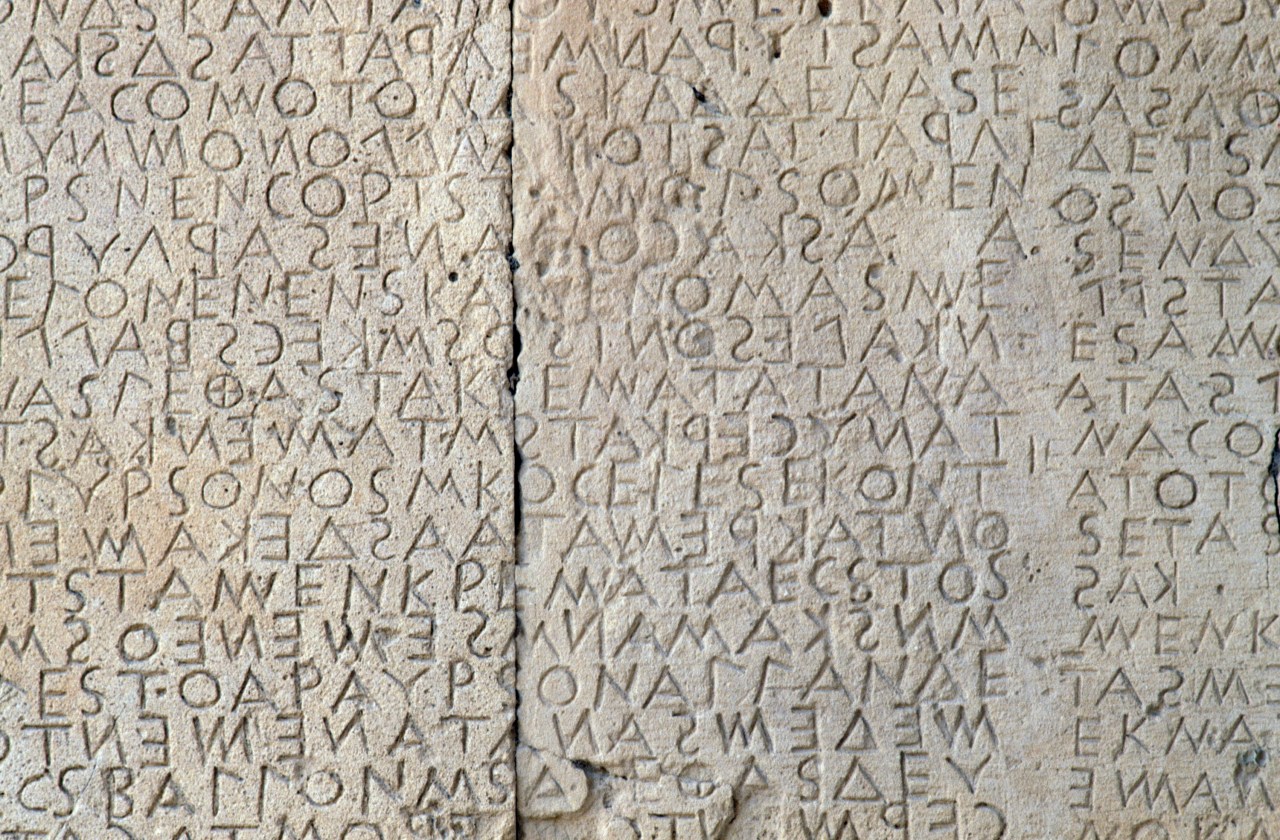As we venture further into the realms of artificial intelligence, it’s fascinating to see how this technology is making strides not just in tech industries, but also in the dusty halls of academia. One remarkable example of this phenomenon is the innovative use of machine learning by researchers at DeepMind and Oxford University to restore fragmented ancient Greek texts inscribed on stone tablets. While AI is often purposed for groundbreaking tasks like interstellar explorations or complex predictive modeling, its application in epigraphy highlights a different, yet equally important, potential.
The Challenge of Epigraphy
Ancient Greek tablets, which date back over 2,700 years, are among the most invaluable artifacts we possess. These tablets are a treasure trove of historical, literary, and anthropological insights. However, they often come riddled with gaps and missing letters, rendering them difficult to interpret. Professional scholars dabble in a painstaking art known as epigraphy, striving to piece together missing information—which can involve historical context, language fluency, and a dash of intuition.
- Imagine encountering a phrase with missing letters: “the sp_der caught the fl_.”
- In cases of missing larger segments or entire words, the challenge multiplies.
- The painstaking effort often falls on the shoulders of graduate students, who take on the meticulous task of analyzing these ancient inscriptions.
Introducing Pythia: An Innovative Solution
Enter Pythia, an AI system named after the Oracle of Delphi, a figure steeped in the lore of ancient Greece. The brainchild of DeepMind researchers, Pythia aims to revolutionize how we approach deciphering these complex texts. The system harnesses a series of algorithms to analyze the world’s largest digital archive of Greek inscriptions, transforming them into a format that machine learning can effectively interpret.
At the core of Pythia’s functionality is its capacity to predict missing sequences of letters. Its performance in comparison to human efforts is quite revealing; when tested against PhD students tasked with completing the same texts, Pythia achieved an impressive accuracy of around 70 percent—a noticeable uptick over the students’ 43 percent. Furthermore, in 73 percent of cases, the algorithm placed the correct interpretations within its top suggestions, showcasing its potential as a powerful ally in academia.
Augmenting Human Efforts in Academia
What does this collaboration between humans and AI look like in practice? Though Pythia is not yet capable of performing these restorations autonomously, its ability to suggest plausible completions significantly aids scholars grappling with difficult lacunae. By shouldering some of the cognitive burden, Pythia optimizes the process, potentially speeding up the pace of research and leading to more accurate interpretations.
Moreover, this collaboration also emphasizes the importance of human oversight. The system itself is trained based on previous academic work, which means that scholars must remain deeply involved in the restoration process. This intersection of AI technology and human expertise is where the future of academia lies—tools such as Pythia are set to enhance, not replace, the role of scholars.
Conclusion: A Step Toward the Future
Pythia’s development underlines a transformative trend in academic research—a merging of traditional scholarship with cutting-edge technology. As we stand on the brink of further advancements in AI, the possibilities in fields like historical studies are limitless. We are not just putting old texts into readable form; we are breathing life back into histories that inform our present and future.
At fxis.ai, we believe that such advancements are crucial for the future of AI, as they enable more comprehensive and effective solutions. Our team is continually exploring new methodologies to push the envelope in artificial intelligence, ensuring that our clients benefit from the latest technological innovations.
For more insights, updates, or to collaborate on AI development projects, stay connected with fxis.ai.

